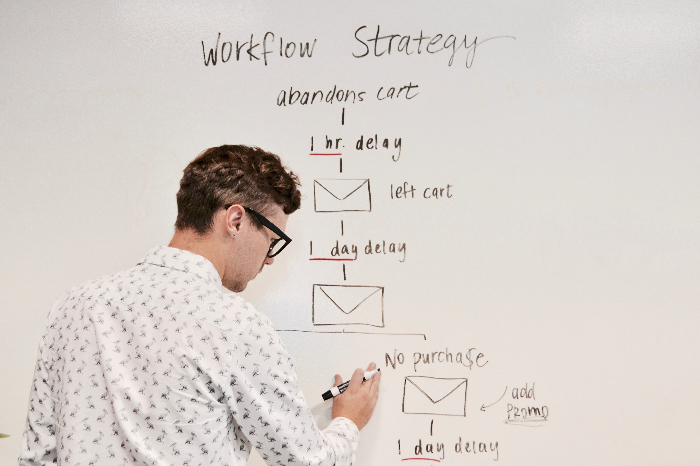Delegate
Delegation is an essential skill for effective time management and productivity. It involves assigning tasks to others, enabling you to focus on higher-priority tasks or projects. Here are some tips for delegating tasks effectively:

Task Management category interest
Identify tasks suitable for delegation: Start by identifying tasks that are suitable for delegation. These may include tasks that are routine, time-consuming, or require specific skills or expertise that you don't possess.
Select the right person for the job: Once you have identified tasks that can be delegated, choose the right person for the job. Consider their skills, experience, workload, and availability. It's important to delegate tasks to someone who has the necessary knowledge and skills to complete the task effectively.
Provide clear instructions: When delegating a task, provide clear instructions and expectations. Make sure that the person understands the scope of the task, the deadline, and any specific requirements or constraints. This will ensure that the task is completed to your satisfaction.
Communicate regularly: Communication is essential when delegating tasks. Regular check-ins can help you track progress, offer guidance, and provide feedback. Make sure that you are available to answer questions or provide clarification when needed.
Provide resources and support: Provide the necessary resources and support to ensure that the person can complete the task effectively. This may include access to tools, software, or training. It's important to set the person up for success, rather than setting them up to fail.
Trust and empower: Delegation involves trusting and empowering others to take on tasks and make decisions. Give the person the autonomy to complete the task in their own way and encourage them to ask questions or offer suggestions. This will help build trust and confidence in your team members.
In conclusion, delegation is an essential skill for time management and productivity. To delegate tasks effectively, you should identify tasks suitable for delegation, select the right person for the job, provide clear instructions, communicate regularly, provide resources and support, and trust and empower your team members. By delegating tasks effectively, you can free up your time and energy to focus on higher-priority tasks or projects and achieve your goals more efficiently.





